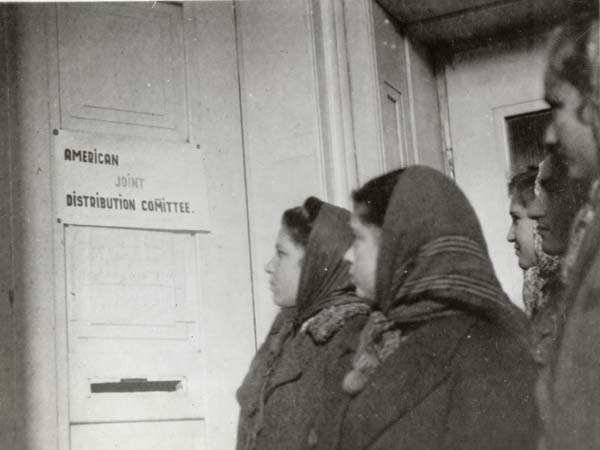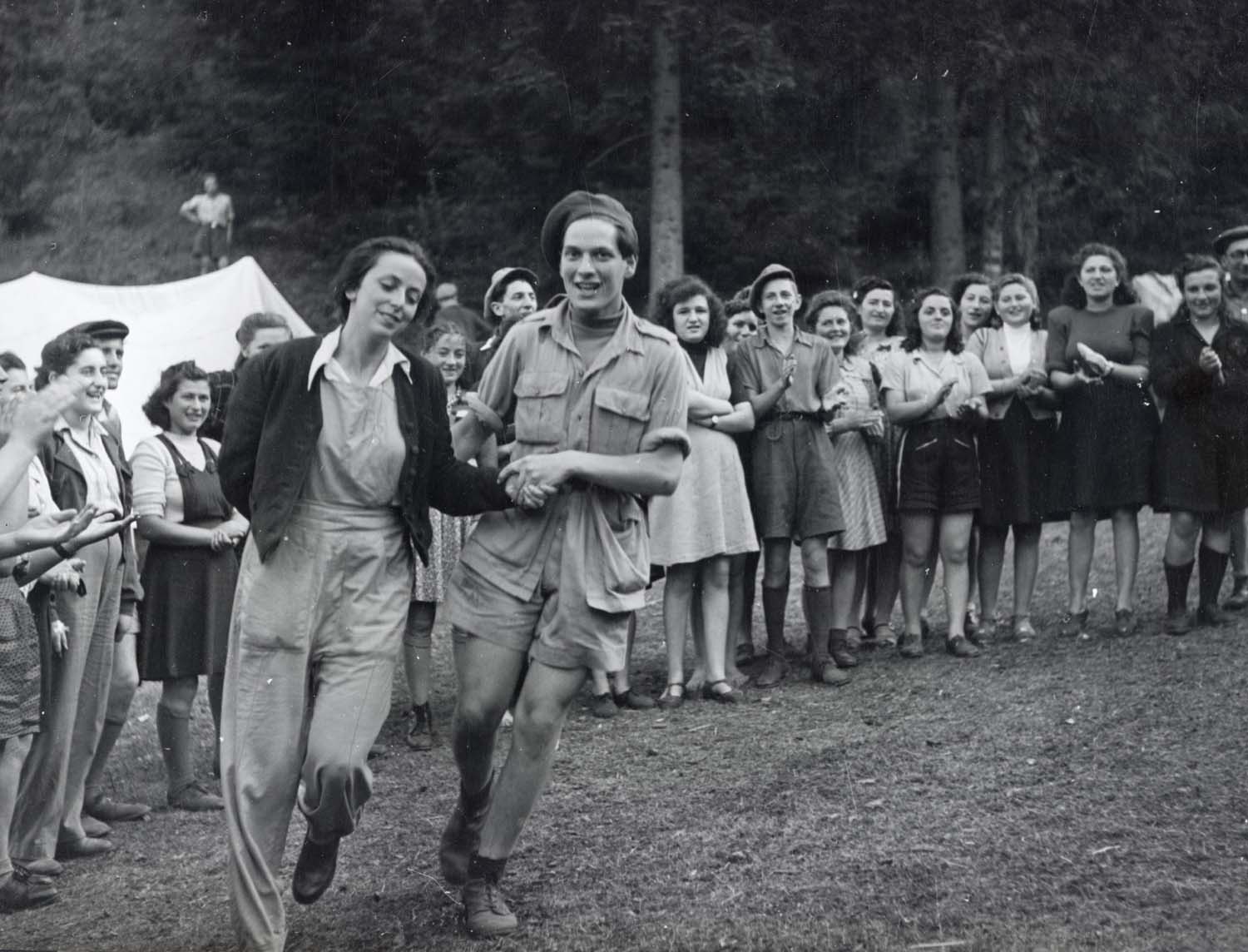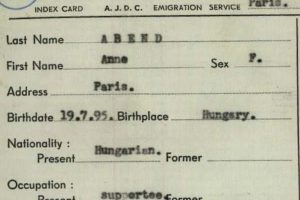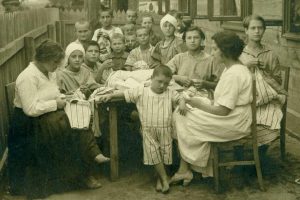
JDC Archives Receives Major Collection of Its Fugitive Postwar Prague Office Records
In April, the JDC Archives received a set of digital files of the records of the AJDC Prague Office, 1945-1950, a large and significant JDC collection totaling more than 550,000 pages. The files were received from the U.S. Holocaust Memorial Museum (USHMM), with the agreement of the Institute for the Study of Totalitarian Regimes in Prague, where the collection is housed.
The AJDC Prague office records were confiscated by the Czechoslovakian secret police when JDC was forced to cease operations and leave the country in January 1950; they were subsequently held in the archives of the Interior Ministry. After the fall of Communism and the establishment of the Czech Republic, the JDC records were transferred to the Institute for the Study of Totalitarian Regimes, which was established in Prague in 2008.
In the immediate aftermath of World War II, JDC reestablished its activity in Czechoslovakia, maintaining offices in Prague and Bratislava. JDC supported vocational training programs and hachsharot, provided vital supplemental nutrition and medical care, and established and maintained orphanages, homes for the elderly, and kosher kitchens. It contributed to the rebuilding of Jewish community life in Czechoslovakia and provided emigration assistance to tens of thousands of Czech Jews who left for North and South America, Israel, and Australia.
In addition, documents in the collections shed light on Bricha, the underground mass migration of almost 300,000 Jewish survivors of the Holocaust from Eastern Europe. Many Polish Jews fled to the Displaced Persons camps of Austria, Germany, and Italy via Czechoslovakia with hopes of reaching Palestine. After October 1945, JDC covered a substantial part of the expenses, including transport, food, and lodging, as the transients made their way to safety. Although Hungary and Austria also served as transit countries, Czechoslovakia was the most important, with a Bricha office established in Prague.
A significant portion of the collection consists of JDC Emigration Service case files, which will be of particular interest to those conducting genealogical research. JDC Archives volunteers have only just begun to create an inventory of these files, but we have already been able to discover valuable information in response to an inquiry we received (see Piecing together a Puzzle with Newly Received Digital Collections).
The JDC Archives is currently seeking funding to create a finding aid for the collection, which will make it more accessible to our users.




